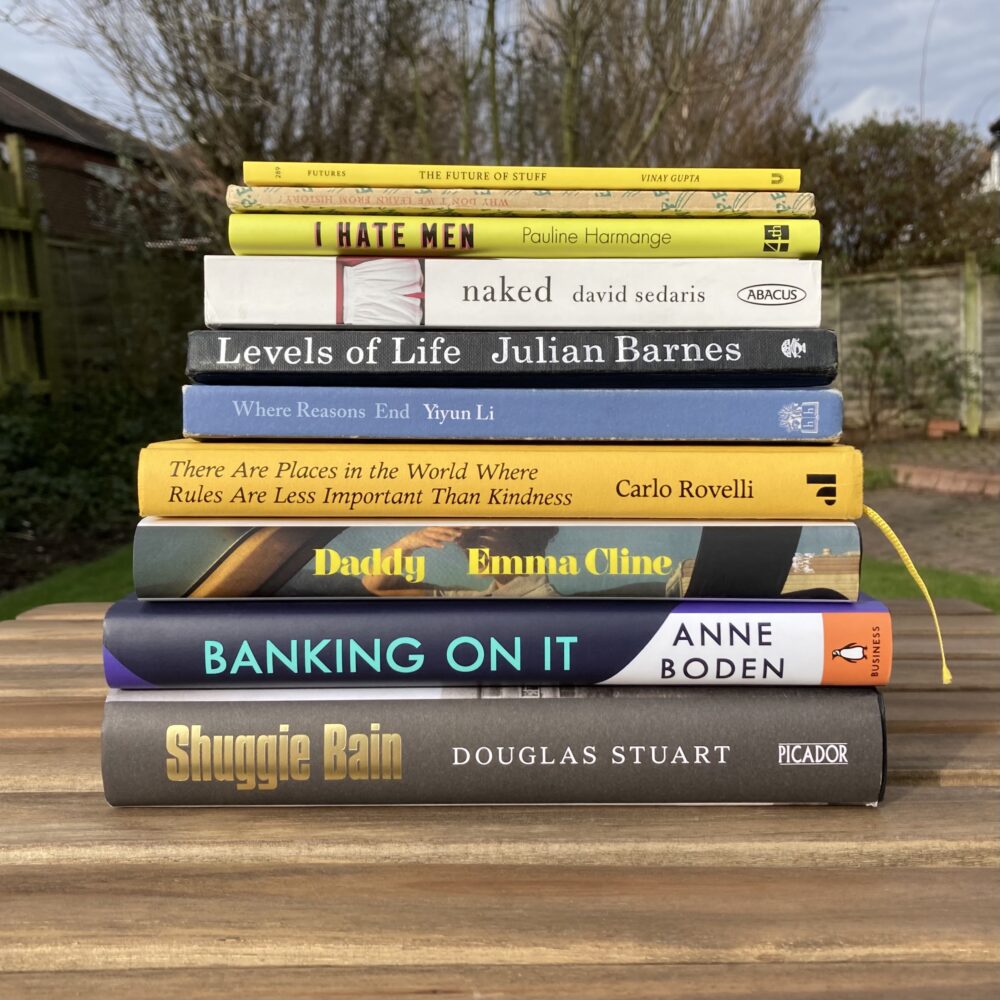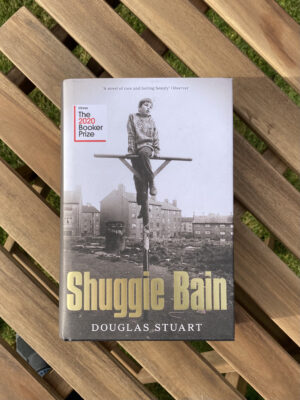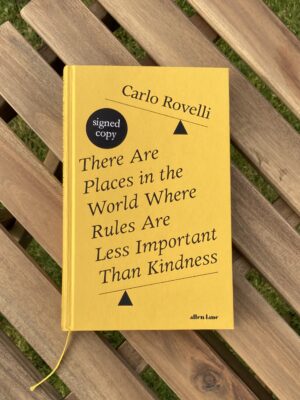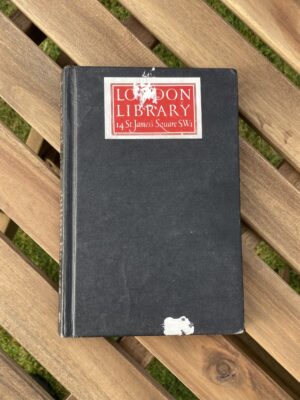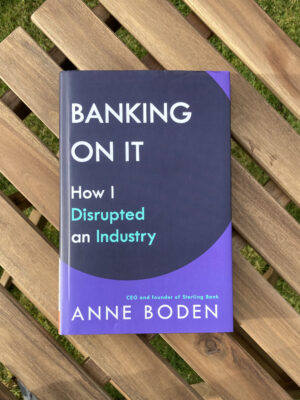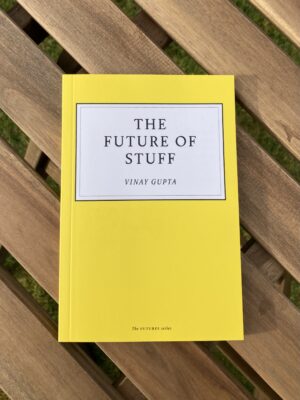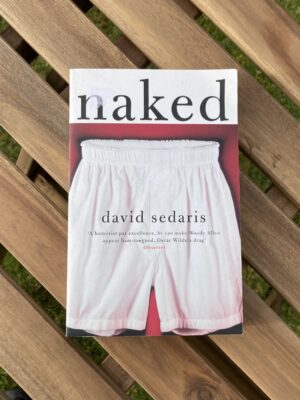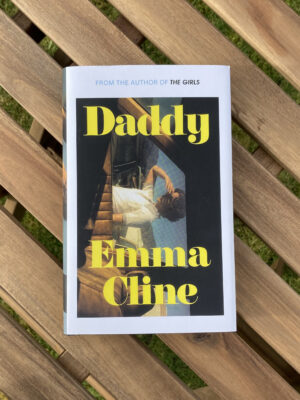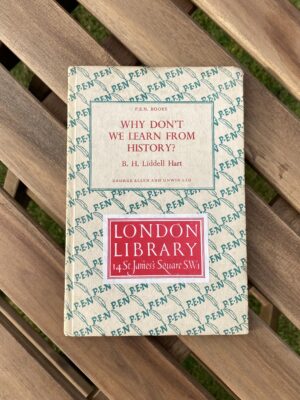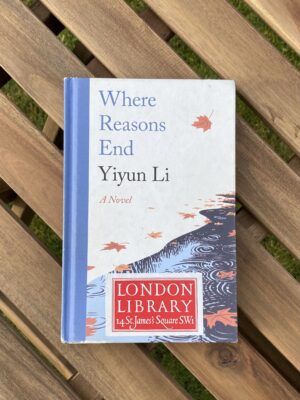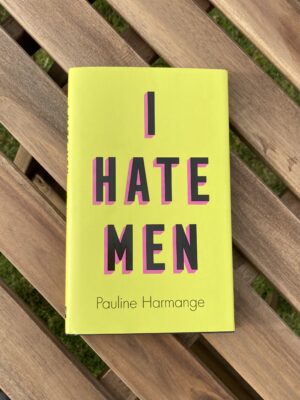I’ve been reading ‘Young Mungo’ by Douglas Stuart
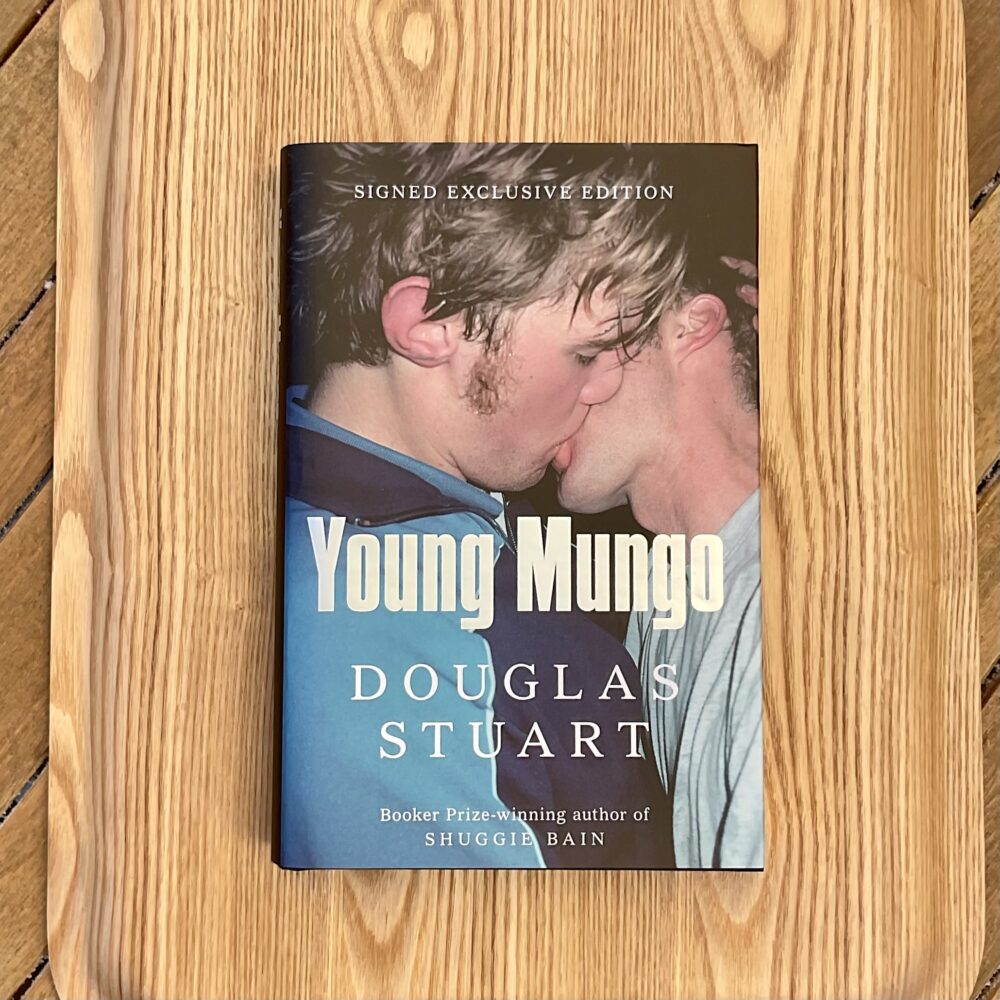
Douglas Stuart’s 2022 follow-up to his Booker Prize winning novel Shuggie Bain explores familiar themes in a familiar setting: more domestic violence, more alcoholism, more coming-of-age against among the impoverished Glasgow schemes in the early 1990s.
Like its predecessor, it has sharp social commentary, profound insight, and beautifully lyrical writing. There is, once again, a particular focus on the mother-son relationship. Like Shuggie Bain, Young Mungohas been universally acclaimed, and so my opinion doesn’t really add anything.
But, for what it’s worth, I didn’t enjoy Young Mungo as much as its predecessor.
The character Mungo is a little older than Shuggie Bain, and is struggling to come to terms with his homosexuality. This adds an interesting extra dimension that was only hinted at in the previous novel. It adds a complicated element to descriptions of child abuse in the book, which is sensitively explored.
However, I didn’t really enjoy the structure of Young Mungo, which jumps between two different time periods within the same plot. This is a structure that is used in plenty of books, and when used cleverly it can draw out intriguing and compelling comparisons and reflections. But here, it felt like it was added as a device designed to sell the novel as more complex than it really is. I’m probably wrong, but it didn’t feel as though the chapters were initially written with this structure in mind.
I also didn’t really buy some key elements of the plot, and wasn’t as convinced on some of the characterisation. It’s difficult to discuss the former without spoilers. In the latter case, it’s no spoiler to say that a character who described a couple as ‘phlegmatic’ early in the novel describes another character as a ‘talking bicyclopedia’ later in the novel: maybe that is consistent characterisation in Stuart’s mind, but I can’t reconcile the two.
I don’t want to give the impression that I didn’t enjoy this: this is one of the better books I’ve read this year, but I thought that it was a little more patchy and unconvincing than its prize-winning predecessor.
This post was filed under: Post-a-day 2023, What I've Been Reading, Douglas Stuart.
